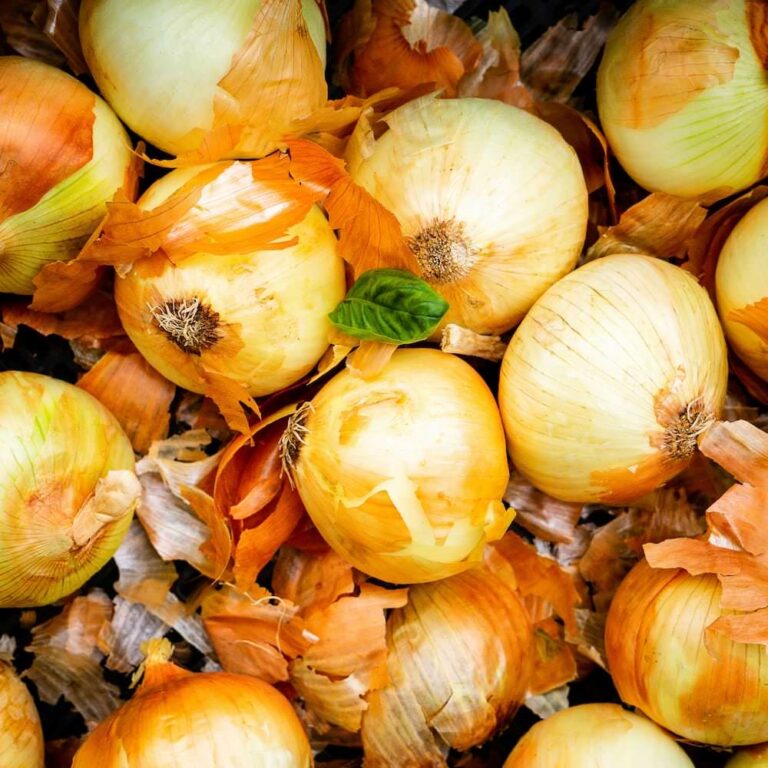boire
The French Verb “Boire”
The verb “boire” is a common and essential French verb that means “to drink.” It is irregular and is part of the third group of French verbs, requiring extra attention to its conjugations. In addition to its literal meaning, boire is also used in a variety of idiomatic expressions.
Meanings of “Boire”
- Literal Meaning
The primary use of boire is to describe consuming liquids.- Je bois de l’eau tous les jours.
(I drink water every day.) - Il boit un café avant de partir.
(He drinks a coffee before leaving.)
- Je bois de l’eau tous les jours.
- Figurative Use
Boire can also mean to metaphorically “absorb” something, like information or an experience.- Elle boit les paroles du professeur.
(She hangs on every word the teacher says.)
- Elle boit les paroles du professeur.
Conjugation of “Boire”
Present Tense (Présent)
| Pronoun | Conjugation |
|---|---|
| Je | bois |
| Tu | bois |
| Il/Elle/On | boit |
| Nous | buvons |
| Vous | buvez |
| Ils/Elles | boivent |
Imperfect Tense (Imparfait)
| Pronoun | Conjugation |
|---|---|
| Je | buvais |
| Tu | buvais |
| Il/Elle/On | buvait |
| Nous | buvions |
| Vous | buviez |
| Ils/Elles | buvaient |
Passé Composé
Formed with the auxiliary verb avoir and the past participle bu.
| Pronoun | Conjugation |
|---|---|
| J’ | ai bu |
| Tu | as bu |
| Il/Elle/On | a bu |
| Nous | avons bu |
| Vous | avez bu |
| Ils/Elles | ont bu |
Examples of Usage
- Présent: Nous buvons du vin rouge avec le dîner.
(We drink red wine with dinner.) - Imparfait: Quand j’étais enfant, je buvais du lait tous les matins.
(When I was a child, I used to drink milk every morning.) - Passé composé: Ils ont bu tout le jus d’orange.
(They drank all the orange juice.)
Idiomatic Expressions with “Boire”
- Boire comme un trou
(To drink like a fish)- Refers to drinking (alcohol) excessively.
- Il boit comme un trou depuis qu’il a perdu son emploi.
(He drinks like a fish since he lost his job.)
- Boire du petit-lait
(To be delighted)- Implies taking satisfaction in something.
- Après sa victoire, il buvait du petit-lait.
(After his victory, he was over the moon.)
- Boire la tasse
(To swallow water while swimming)- Can also mean to face a setback or failure.
- En nageant, j’ai bu la tasse.
(While swimming, I swallowed water.)
- Boire les paroles de quelqu’un
(To hang on someone’s every word)- Les enfants boivent les paroles du conteur.
(The children hang on the storyteller’s every word.)
- Les enfants boivent les paroles du conteur.






